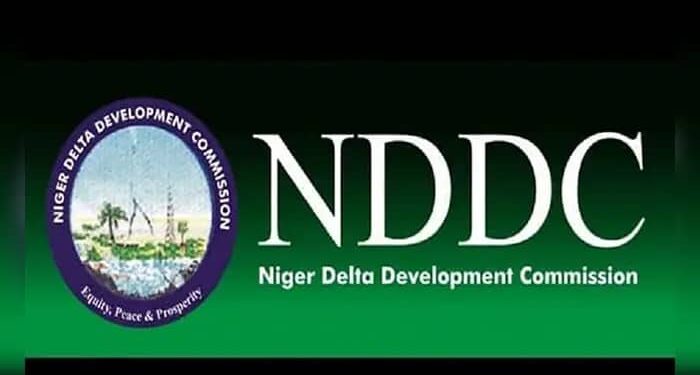Managing Director of the Niger Delta Development Commission (NDDC), Dr Samuel Ogbuku, has reaffirmed the commission’s commitment to the mass street and road lighting across the Niger Delta.
The initiative, known as ‘Light Up the Niger Delta,’ is being implemented in the nine Niger Delta states, comprising Abia, Akwa Ibom, Bayelsa, Cross River, Delta, Edo, Imo, Ondo, and Rivers.
Ogbuku disclosed this in a statement issued on Thursday by the NDDC’s Director of Corporate Affairs, Seledi Thompson-Wakama, in Port Harcourt.
Ogbuku explained that the project aligns with President Bola Tinubu’s Renewed Hope Agenda for the Niger Delta.
The initiative, he said, involves the installation of solar-powered streetlights across the region as part of broader strategy to address crime, promote peace, and create a conducive environment for residents.
“We are delighted that this project has transformed how people live and work, fostering peaceful coexistence and improving security in previously unsafe areas.
“We decided to adopt the clean energy approach, which will not only light up our streets and roads, but also help mitigate the effects of climate change on our environment.
“In addition, it has reduced crime in various communities that were previously hideouts for criminals operating under the cover of darkness,” he remarked.
Ogbuku noted that the initiative stems from a needs assessment, which revealed that in many communities, the root cause of their agitations was not merely the absence of water or school buildings.
“Instead, it was because of perceived inequality compared to those living in International Oil Companies (IOCs) camps.
“These camps enjoy uninterrupted electricity and other basic amenities, which often heightens the sense of inferiority among those in less developed areas,” he explained.
The managing director emphasised that the adoption of solar-powered streetlights reflects NDDC’s commitment to clean energy, which not only illuminates streets but also mitigates the effect of climate change.
He reported that the initiative has garnered widespread commendations from beneficiary communities, with plans underway to extend the project to more locations.
To ensure sustainability, Ogbuku said that the commission has engaged a consultant to develop its carbon credit framework.
“NDDC aims to recover carbon credits generated through these projects, further contributing to environmental sustainability,” he added.
The NDDC boss urged Niger Delta youths to continue supporting Federal Government policies and programmes, reiterating President Tinubu’s commitment to the development of the region.
“President Tinubu has the best interests of the Niger Delta people at heart, and we urge everyone to collaborate in realising these goals,” Ogbuku concluded. (NAN)











